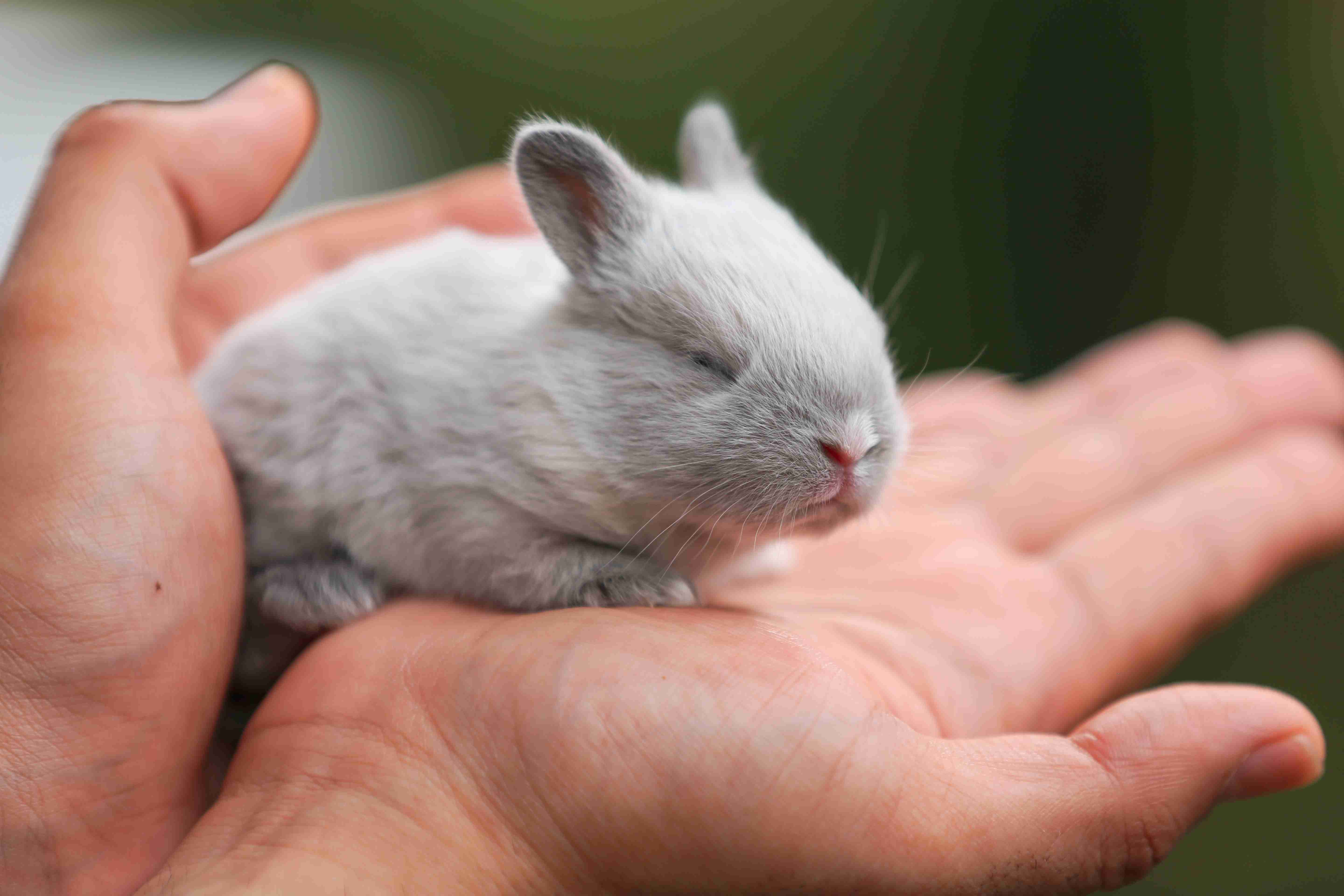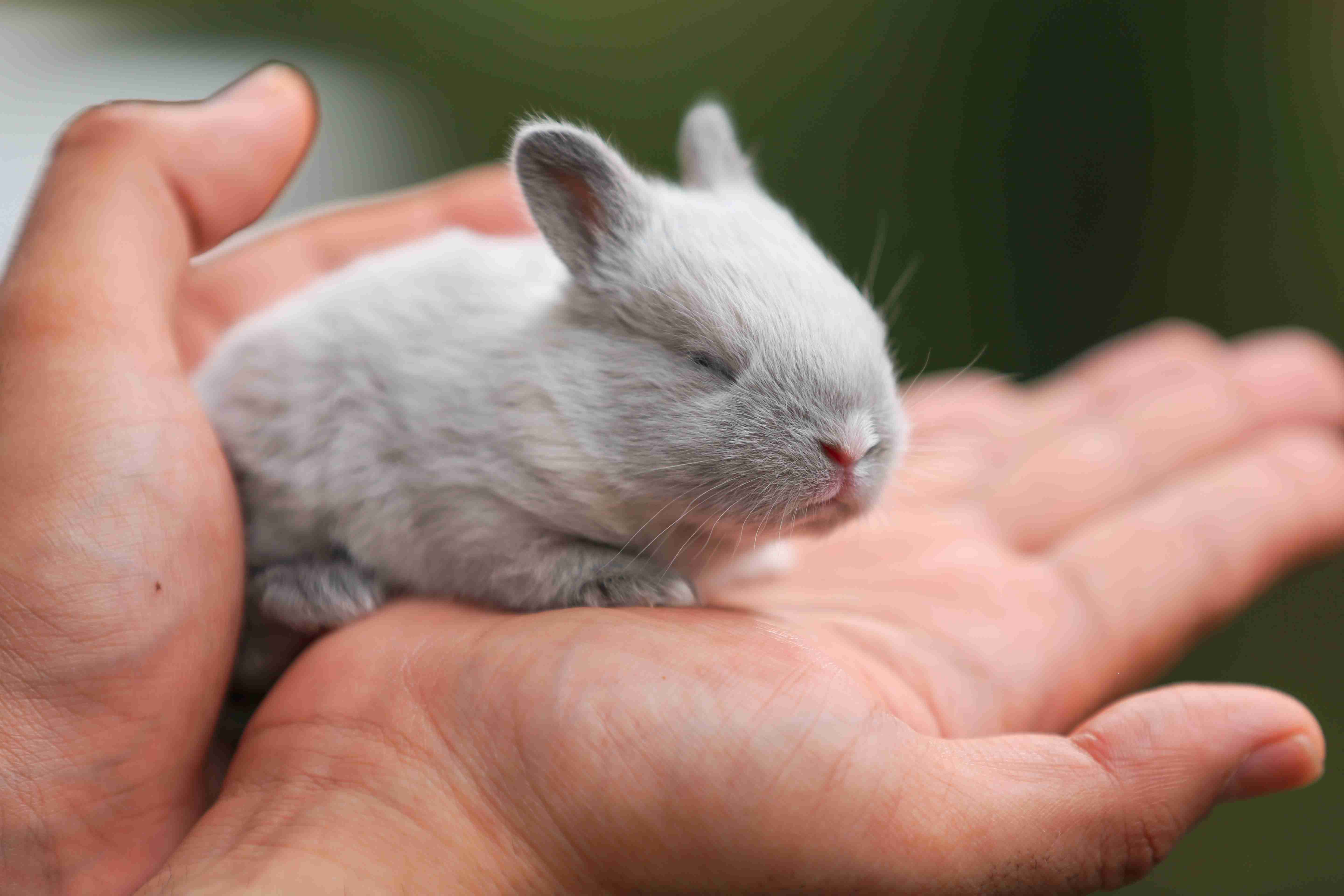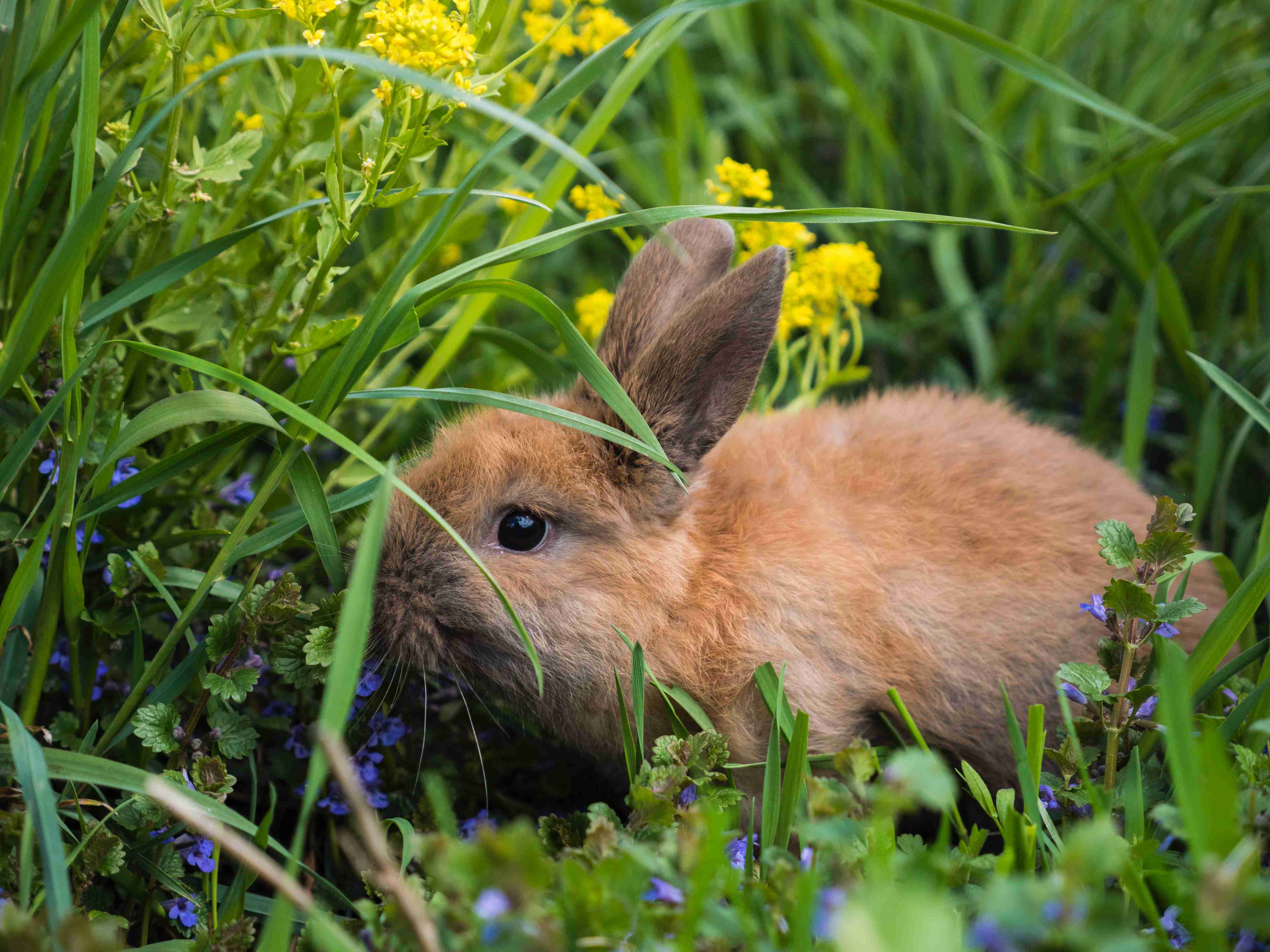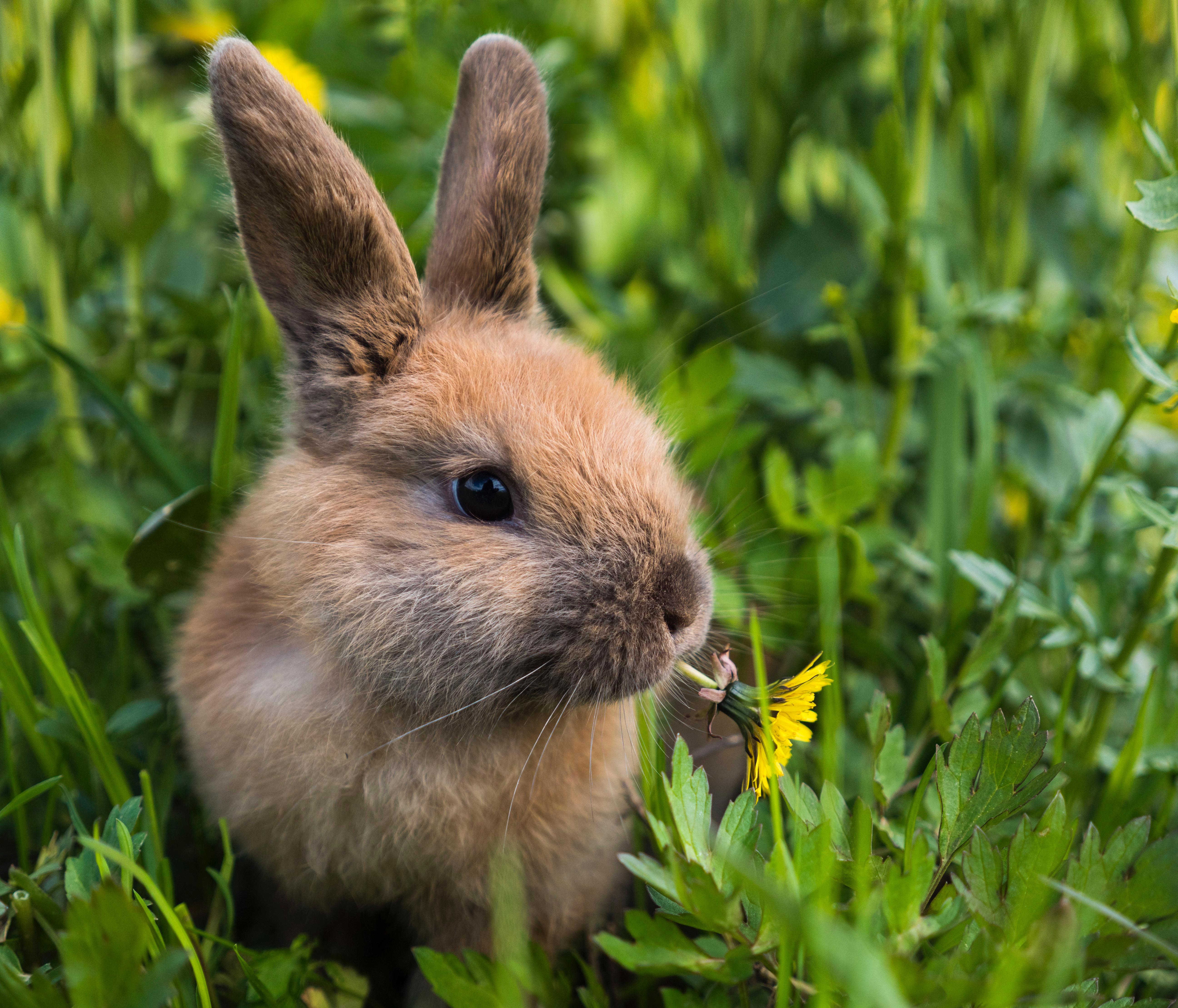Rabbits are lovely and adorable pets, but just like any other animal, they are susceptible to illnesses. As a responsible and loving rabbit owner, it’s important to be aware of the signs and symptoms of common rabbit illnesses to ensure that your furry friend is healthy and happy. This blog post will dive into the top 5 common rabbit illnesses, including their symptoms, treatments, and prevention measures. So, whether you’re a seasoned rabbit owner or considering adding a bunny to your family, read on to learn more about how to keep your rabbit healthy and thriving.
Rabbits are cute and fluffy pets that can bring joy and companionship to their owners. However, like any other animals, rabbits are susceptible to various illnesses that can affect their health and well-being. As a responsible pet owner, it is important to be aware of common rabbit illnesses, their symptoms, treatment, and prevention methods. In this blog post, we will discuss the top 5 common rabbit illnesses that you should watch out for.
1. Dental Problems
Dental problems are one of the most common health issues that rabbits face. Rabbits have continuously growing teeth, and if they do not grind their teeth enough, it can lead to overgrowth and misalignment of their teeth. This can cause pain, difficulty in eating and drinking, and even abscesses. Symptoms of dental problems in rabbits include drooling, reduced appetite, weight loss, and difficulty in eating. Treatment includes trimming the teeth, providing toys for grinding, and ensuring a good diet.
2. Gastrointestinal Stasis
Gastrointestinal stasis, also known as “GI stasis,” is a condition where a rabbit’s digestive system slows down or stops working. This can be caused by stress, poor diet, dehydration, or lack of exercise. Symptoms of GI stasis in rabbits include reduced appetite, decreased fecal production, lethargy, and bloating. Treatment includes providing a high fiber diet, encouraging exercise, and medication to stimulate gut motility.

3. Respiratory Infections
Respiratory infections are common in rabbits, especially those living in moist environments or exposed to cold drafts. Symptoms of respiratory infections include sneezing, coughing, nasal discharge, and difficulty in breathing. Treatment includes antibiotics, supportive care, and ensuring a clean living environment.
4. Ear Mites
Ear mites are tiny parasites that can cause infections and inflammation in a rabbit’s ears. Symptoms of ear mites in rabbits include head shaking, scratching, discharge from the ears, and a foul odor. Treatment includes cleaning the ears and applying medication to kill the mites.
5. Myxomatosis
Myxomatosis is a viral disease that is transmitted by fleas, mosquitoes, and other biting insects. Symptoms of myxomatosis in rabbits include swelling around the eyes, lips, and genitals, fever, and lethargy. Unfortunately, there is no cure for myxomatosis, and prevention through vaccination is the best approach.
Overall, being aware of common rabbit illnesses and their symptoms, treatment, and prevention methods can help you keep your pet rabbit healthy and happy. Make sure to provide a good diet, exercise, and a clean living environment for your rabbit, and always consult a veterinarian if you notice any signs of illness in your pet.
In conclusion, rabbits may seem like low-maintenance pets, but they require regular check-ups and care to maintain their health. Being aware of common illnesses and their symptoms can help you identify potential health concerns early on and seek appropriate treatment. Remember to always consult with a veterinarian if you suspect your rabbit is sick, and take preventative measures to keep them healthy. With the right care and attention, your rabbit can live a long and happy life by your side.



.jpg)


.jpg)
.jpg)
